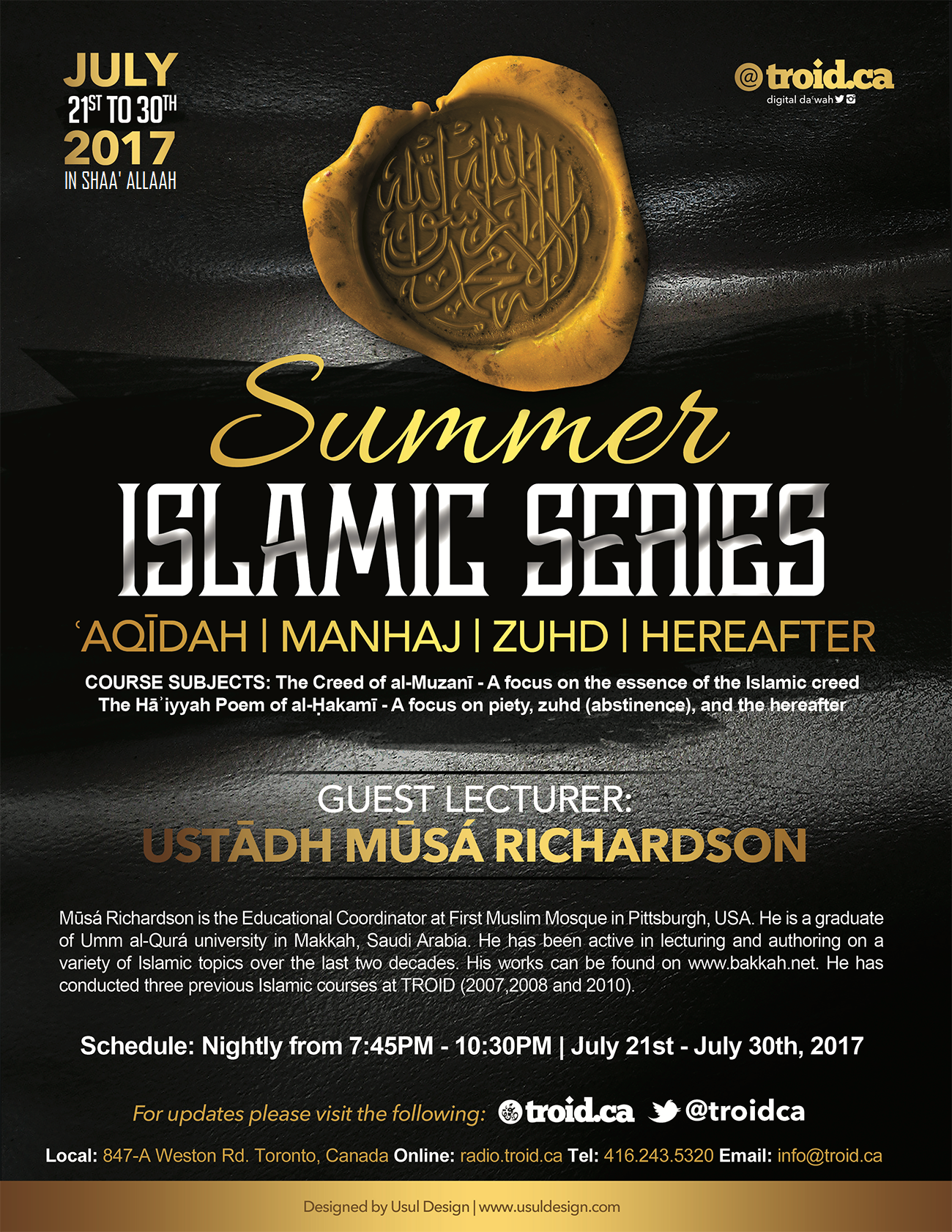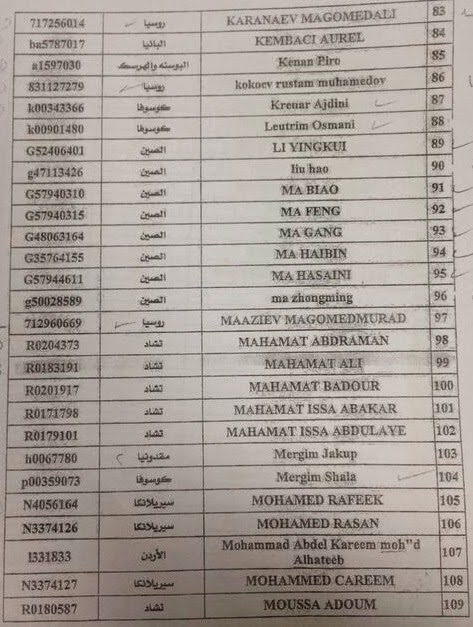In the Name of Allah, the Most Gracious, the Ever Merciful…
هل يجوز للرجل أن يذبح ذبيحة عيد الأضحى وهي ليس مدفوع ثمنها، ثم تسدد بعد مدة؟ .
QUESTION: Is it permissible for a man to slaughter a sacrificial animal on the Day of ‘Eed al-Adha without having paid for it yet, and then he would pay for it sometime later?
ANSWER by the Permanent Committee for Religious Verdicts, headed by Shaykh Ibn Baaz (may Allah have Mercy on him):
يجوز ذبح الأضحية ولو تأخر دفع قيمتها عن ذبحها.
It is permissible to offer the Udhiyah Sacrifice when a person pays for it later after slaughtering it.
وبالله التوفيق وصلى الله على نبينا محمد وآله وصحبه وسلم.
And through Allah Alone is all success. May Allah raise the rank of our Prophet Muhammad, and that of his family and companions, and may He grant them all peace.
SOURCE: Fataawaa al-Lajnah ad-Daa’imah, (11/411 of the first compilation), translated by Moosaa Richardson.


